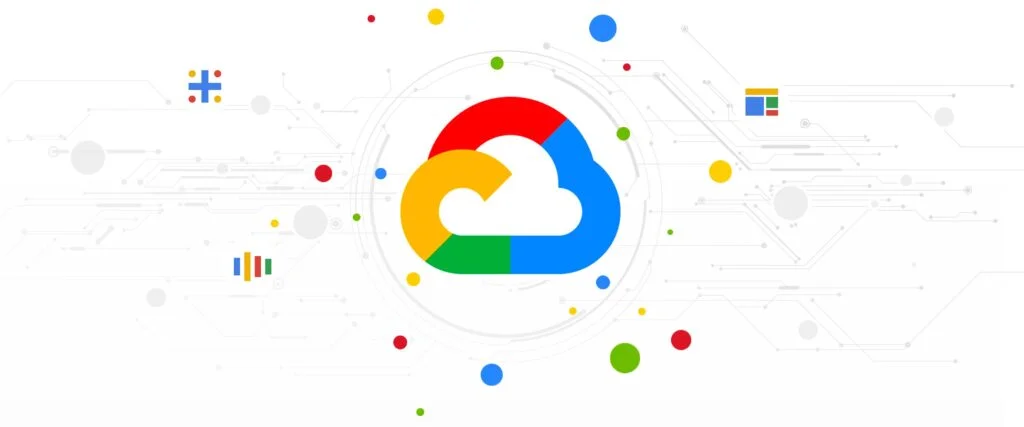James Tromans, the Head of Web3 at Google Cloud, recently shared his views on the crypto industry and the role of blockchain technology in business innovation.

In an exclusive interview, he urged the crypto community to shift their focus from token prices to smart contracts and their potential to solve real-world problems.
Tromans expressed his concerns over the disproportionate emphasis placed on token prices within the cryptocurrency industry.
He said that tokens are essential for the functioning of smart contracts, but they should not overshadow the underlying business problems that blockchain technology can address.
“What are the business problems you’re trying to solve? The tokens serve a purpose when executing a smart contract to address these problems. But, it’s imperative to realize that the core objective is the resolution of the business challenge and not the tokens themselves,”
James Tromans
He further commented on the frequent discussions about token speculation in the crypto realm, urging the community to understand that token prices do not define Web3.
Web3 is about leveraging decentralized systems and technologies to bring about innovation in business models and operations.
Blockchain Node Engine: A Managed Service for Web3 Development
Google Cloud has been making strides in the blockchain domain with its Blockchain Node Engine. This innovative offering allows users to self-host nodes that can access blockchain data, engage in transactions, develop smart contracts, and run decentralized applications.
Google Cloud believes that blockchain and smart contracts are the keys to unlocking new levels of innovation, reducing operational costs, and discovering novel revenue streams.
Blockchain Node Engine is a fully managed service, which means that users do not have to worry about availability, security, or scalability. Google Cloud actively monitors the nodes and restarts or upgrades them as needed.
Users can also control who can access their nodes and how much by issuing custom API keys with individual rate limits.
Ethereum is the first blockchain supported by Blockchain Node Engine, enabling developers to provision fully managed Ethereum nodes with secure blockchain access.
Tromans said that Google Cloud plans to add support for more blockchains in the future based on user demand and feedback.
Enterprise Interest in Blockchain Remains Robust
Despite the tumultuous market conditions, enterprise interest in blockchain remains robust, Tromans shared.
Over the past year, many businesses from traditional sectors have expressed keenness in utilizing blockchain technology to enhance operational efficiency, reduce overheads, and accelerate innovation.
“The primary source of this interest stems from the TradFi sector. They see immense potential in employing blockchain to address and simplify long-standing challenges in finance and accounting,”
Furthermore, he highlighted a rising trend among Google Cloud clientele: an inclination towards exploring blockchain-driven solutions in digital identity and supply chain realms.
With the recent launch of Worldcoin, the iris biometric cryptocurrency project initiated by OpenAI CEO Sam Altman, digital identity has surged as a significant topic of discussion in the Web3 domain.
User Experience: A Barrier to Mass Adoption
While the potential of blockchain is undeniable, Tromans opined that there’s still a significant barrier to mass adoption: user experience.
The complexities surrounding concepts like private keys can be daunting for the average user unfamiliar with the intricacies of blockchain technology.
“If our goal is to bring blockchain to the masses, it’s imperative to simplify the user experience. Just as people browse the internet without understanding the complexities of protocols like TCP-IP or HTTPS, the same should be true for Web3,”
He stressed the need for Web3 developers to create streamlined solutions, helping users navigate aspects like private key recovery seamlessly.
He envisioned a future where blockchain technology seamlessly integrates into various industries, from payments to gaming and the arts, without users worrying about technical details or security risks.
